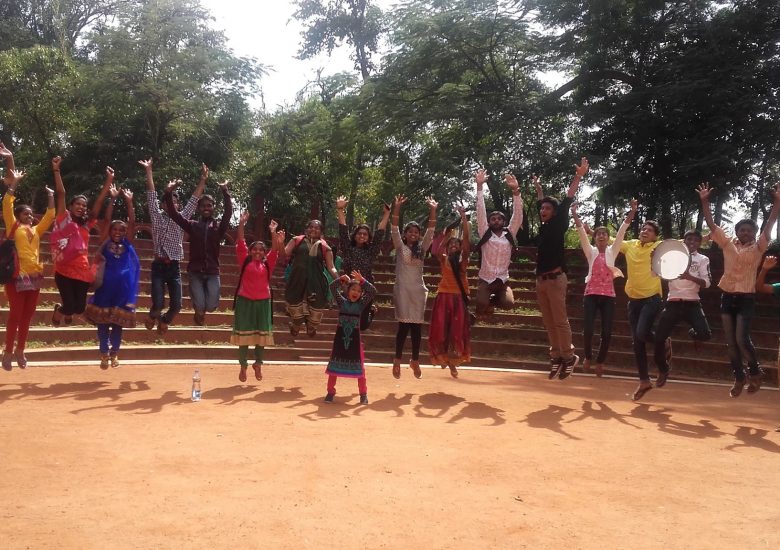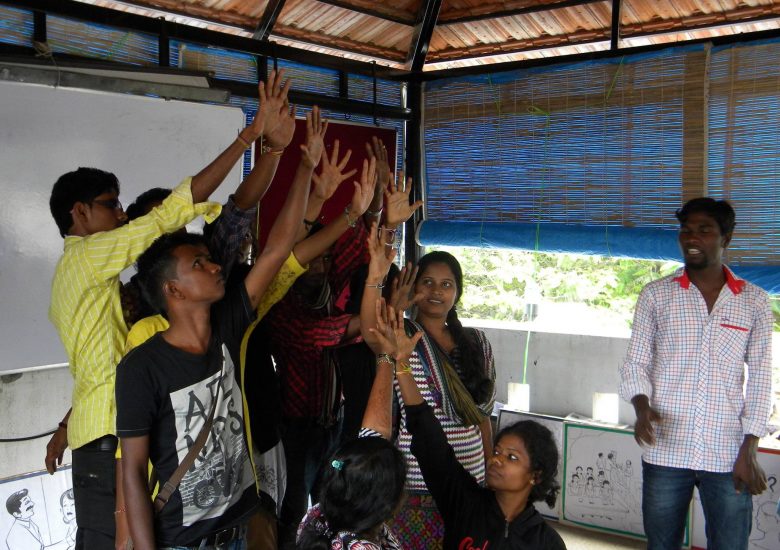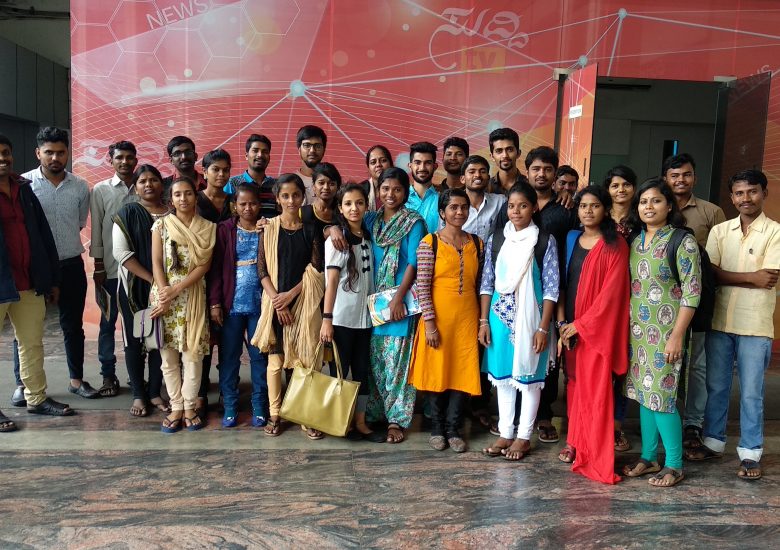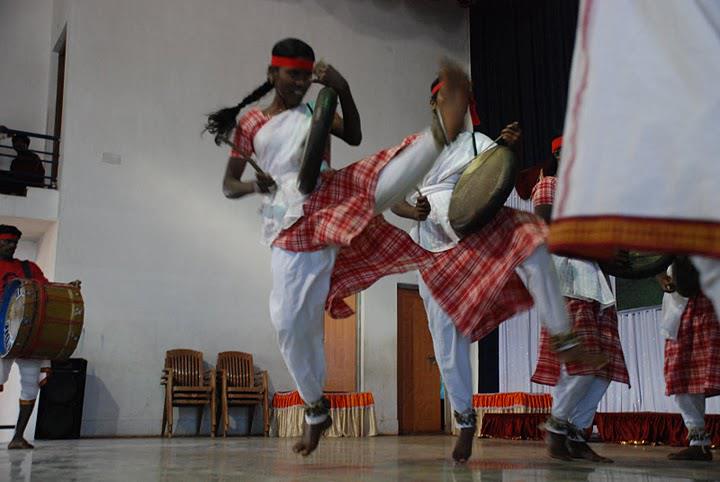Confronting caste one step at a time
The belief that caste oppression no longer operates in Indian metropolitan and urban life is highly misplaced in the current context.
The inequality maintained by the caste system has taken on new forms and a new invisibility in the 21st century, but persists in all our public institutions and ways of life.
While issues related to gender and sexuality are easily brought within the ambit of inclusion agendas, experiences of caste are rarely discussed as a contemporary issue.
The youth who come from marginalised and oppressed communities are directly affected by caste-based inequality and violence, forced by fear and shame to remain silent about their experiences. They are denied access to good education and discriminated against within the institutions that allow them entry.
Out of 36.6 million young people who are enrolled in higher education institutions,
only 14.4% come from scheduled castes, 5.2% from scheduled tribes, 5% from the Muslim Minority, and 2.2% from other minorities.
The question of ‘merit’ and the hostility towards reservation continues to haunt them within colleges and workplaces. The suicides of young medical professional Payal Tadvi (2019) and Phd student Rohith Vemula (2016) bear testimony to the continuing harassment, exclusion and discrimination faced by youth from Dalit, Bahujan, and Adivasi communities in this country.
While young people are choosing to bravely transgress caste norms, they are also being punished for it with increased torture, public humiliation, ostracisation and murder. Emotionally, young people are faced with depression, stress and feelings of inferiority and isolation caused by intolerance and invisible caste-based structures. Physically, they still suffer from malnutrition due to lack of access to health services.
How do we eradicate caste-based inequality? By teaching young people to first acknowledge and understand the ways in which caste operates, helping them dream of a world without caste and learn ways in which to live this dream.
We envision a future in which young people from historically oppressed communities will no longer be cowed by caste but will rise to realise their individual potential and become leaders for a caste free society.

Our Activities on Social Inclusion
Working for Social Justice is meaningless without taking the issue of caste head on. Young people from oppressed castes have always been and will always be Samvada’s priority. Youth in Samvada are constantly pushed to question the different ways in which we knowingly and unknowingly perpetuate caste.
Inclusion Nota

Young people who regularly visit the Youth Resource Centres are taken through a 3-5 day intensive workshop called the Inclusion Nota. The workshop draws attention to the difficult issues of caste and class, throwing light on how historical structures operate to exclude and marginalize oppressed groups in the society we live in.
Through our own ways of living, we begin to see how each one of us is complicit in excluding the other. Thus, young people learn to cultivate sensitivity and understand the need to make efforts for an inclusive world.
Learn More about our Youth Leadership Programme
Representation in Higher Education

At Baduku Centre for Livelihoods Learning, the admission criteria, the curriculum of all the courses and the outreach strategy, all reflect and are designed to challenge caste.
Festivals

Samvada organised the Dalit art festival that brought together Dalit artists to create art and raise awareness about Dalit art.
Including marginalised communities in a positive manner raises both the awareness and pride that youth have in their communities. It also draws a positive focus on the communities, and allows them to be seen as more than what the social narrative depicts.
